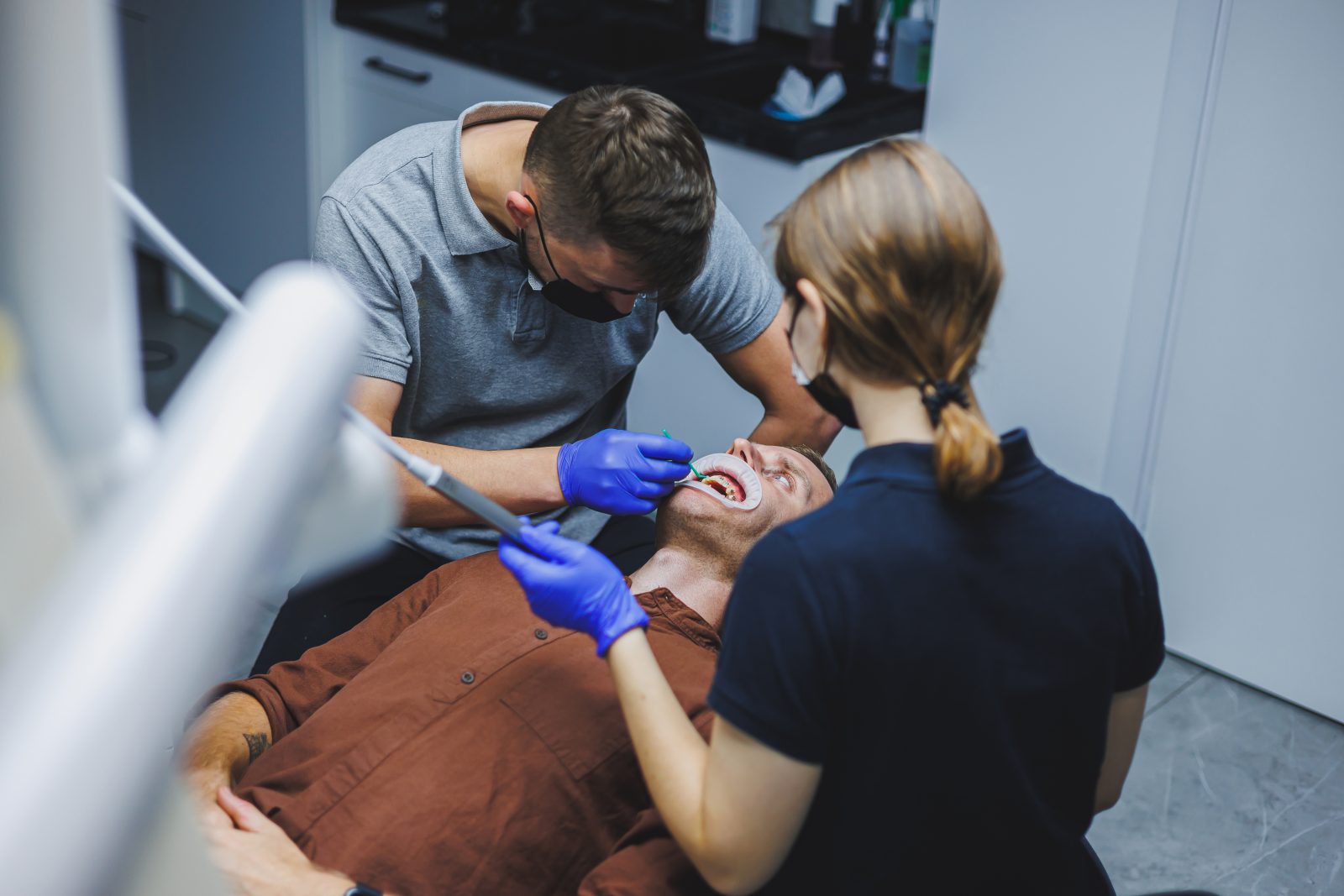The following DHCP Water and Dental Line Maintenance course was created to educate Dentists on how to maintain the waterline. Dentists should be trained regarding water quality, biofilm formation, and water treatment methods. There is an appropriate maintenance protocol for water delivery systems.
The waterlines of a dental unit, typically constructed from a polymer (e.g. polyurethane, polyvinyl chloride, or silicone rubber tubing), provide water from its source for irrigation. It not only provides cooling but also flushing of the patient’s oral cavity during dental procedures
Municipal water contains microorganisms that consider safe for drinking water but could potentially cause patient infections when used during dental procedures
DHCP trains regarding water quality, biofilm formation, water treatment methods, and appropriate maintenance protocols for water delivery systems.
Therefore DHCP Water and Dental Line Maintenance course are to educate Dentists on how to protect themselves and others and mitigate community transmission of infectious diseases.
What you’ll learn
- An overview of Dental Unit Waterlines
- Dental unit water quality
- Water quality monitoring
Details
Course length: 30 minutes; CEU: 0.5.
Languages: American English
Key features: Audio narration, learning activity, and post-assessment
Get Certified
American Medical Compliance (AMC) is a leader in the industry for compliance, Billing, and HR solutions. To become certified, please visit us at American Medical Compliance (AMC).
Reach out for other courses at AMC Course Library
The following training will teach dental healthcare providers how to care for waterlines in their dental unit. These waterlines are used to irrigate, cool, and flush a patient’s mouth.
Benefits of an Online Course
There are many advantages to taking an online course. Online courses are flexible and convenient. You can work them around your busy schedule. You’re allowed to take this course on your own time and in the environment of your choice. It can improve skills of self-management and self-discipline. This course can be easily taken and easily administered.
General Information
Dental Operating Units supply power to dental devices and handpieces. The dental unit waterline is a dental device that is used to irrigate a patient’s oral cavity. These devices are of the highest regulated FDA devices and must meet the highest standards of clearance before use.
Through this course, you will learn the six steps that are essential to maintaining the quality of a dental unit waterline. Additionally, this course will inform you on the do’s and do not’s of waterline maintenance.
Water Quality
In addition to maintaining the unit, it is important to maintain the quality of the water itself. Dental unit waterlines can be a source of bacterial and biofilm growth. This can cause health risks to patients if the water is not properly maintained. All water used must meet the standards of drinking water.
Biofilm is a type of bacteria that sticks to moist areas. Water bacteria is commonly found in dental unit water systems. The risk of bacteria comes from a lack of frequent use and oral fluids going back into the tube.
Recommendation for Water Quality
It is recommended that the water used must meet the standard of drinking water. This water must be regularly maintained. Talk to the dental unit manufacturer to ensure that you use the best methods for cleaning and maintaining the unit. Use only sterile solutions when irrigating.
Monitoring dental unit water is the best way to uncover problems and ensure that you remain compliant. Contaminated dental waterlines can transmit diseases.
Boil-Water Advisory
A boil water advisory is a public health advisory that states that the public should boil water before consuming it. What does this mean for a dental healthcare provider? Ensure that public water sources are not flowing through your dental equipment. Make sure patients are using alternate water sources to rinse following a procedure. Do not use water for hand hygiene and use an antibacterial or antimicrobial product. Following the conclusion of the advisory, follow guidelines on how to flush out the remaining contaminated water and disinfect dental unit waterlines.
Improving the Water Quality
The most important thing as a dental healthcare provider is to ensure you are not exposing patients to harmful bacteria. That bacteria can come from a host of sources. Through this course, you will learn about these sources of bacteria and how to avoid them. Additionally, this course will debunk assumptions regarding adequately flushing dental unit waterlines.
Maintaining the Water Quality
It is important to follow the necessary steps required to maintain good water quality. The first step is to train your healthcare professionals on water maintenance. Water treatment and monitoring products should adhere to protocols. Clinical monitoring of water quality makes certain that staff are following procedures. Dentists should consult with the manufacturer of the dental unit waterline on how to best maintain the water quality. Additionally, use appropriate tools when testing the quality of the water.
Maintaining the dental unit waterline is important to ensuring an adequately sterile environment for the patients.



